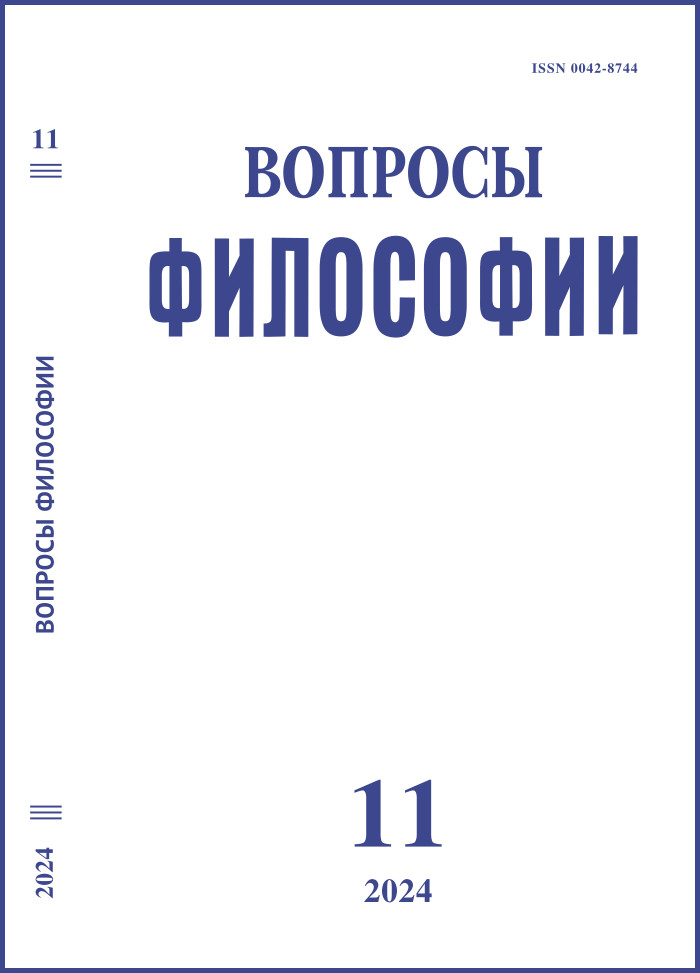On the Methodology of Philosophical and Historical Research of Large Social Processes
DOI:
https://doi.org/10.21146/0042-8744-2024-11-62-73Keywords:
history, philosophy, law, literature, Soviet, old, new, man, masses, methodology, social processAbstract
The methodological attitude that was dominant in the not-so-distant Soviet past, according to which the leader, on the basis of the “only true doctrine”, organizes crowds and masses and purposefully directs or even produces the social process, in post-Soviet historical science begins to be challenged by a competing attitude about the leading historical role of psychology of masses-crowds. According to this approach, great social changes are the result not only (or not so much) of the ideas of the leader, but rather the materialization of habits, emotions, rumors and fantasies that are inherent in the masses and which are guessed, analyzed and used by the leader who rules the masses. The article analyzes both attitudes and puts forward the hypothesis that in studies of the revolutionary practice of V. Lenin and a certain historical period of its aftereffect (from 1917 to the end of the 1920s), it is methodologically justified to move not only on the basis of Marxist doctrine, but also from the psychology of the masses related to this doctrine (the first revolutionary stage). However, in the next historical period (from the early 1930s to the early 1950s) there were, firstly, a decline of the influence of Marxism-Leninism and, secondly, a significant change in the psychology of the masses associated with the destruction of the “old” and the emergence of the “new Soviet man”

